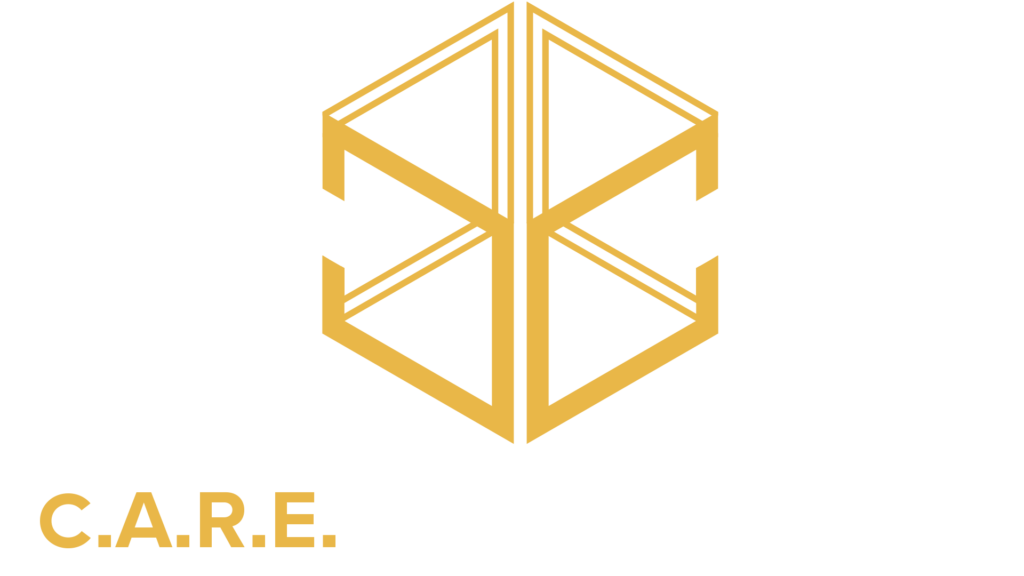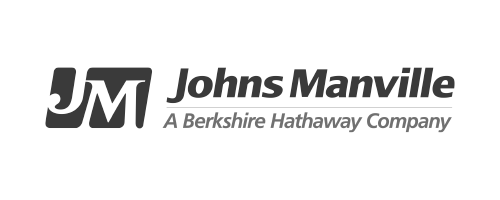Best Practices for Managing Bullying in Your Association
Community Association Managers,
The American Psychological Association defines bullying as “a form of aggressive behavior in which someone intentionally and repeatedly causes another person injury or discomfort. Bullying can take the form of physical contact, words, or more subtle actions.”
Unfortunately, it is all too common that bullying occurs in community associations. Managers need the support and guidance to handle these types of situations. The 16-hour Florida CAM licensing course does not prepare Managers on how to take control of bullies. Bullying is a form of workplace harassment and violence. This conduct is not only unhealthy, but it also adds unnecessary stress and related health effects, which can be both physical and mental. If the bullying is directed at an employee, it can increase the use of sick leave, increase medical costs and cause employees to quit their jobs or request a transfer.
Disgruntled homeowners that challenge the board’s decisions, harass board members, chastise the manager and fight with residents have their own agenda and may be considered bullies. There are many types of bullying; physical, verbal, cyber and gesture. I have personally
witnessed physical bullying at a board meeting. A member had thrown a chair at another member and the police were called out.
Verbal abuse is the most common and is extremely demeaning and degrading. The bully feels powerful and strong. It is like children name-calling. These actions are dangerous to one’s self esteem, causing anxiety, depression, emotional and psychological harm.
Cyber bullying can occur over emails, social media, digital forms and is a damaging and destructive way to attack others, spread gossip and rumors which can harm the association’s reputation and present potential liability.
Gesture bullying occurs when a bully stares and looks at you in an intimidating way and uses threatening gestures towards you.
Board bullies can cause a threat to the association, especially if they abuse their power. Resident bullies can disrupt the entire operation.
Employee bullies can interfere with the performance and productivity of others.
What is the best way to address a bully?
It can be difficult to handle someone who seems to know everything, is rude, ridicules, is aggressive, sabotages others, has an abrasive personality and/or is passive/aggressive intimidating others.
Talk with the bully privately! A face-to-face conversation is always best rather than over the phone. It is always better to take a positive approach and reinforce by communicating to that person specific occurrences of the bad behavior and how it has adversely affected an employee, fellow board member and/or resident. Explain how it has impacted the association’s operations.
Criticize the behavior and not the person!
Discuss and stick to the facts!
Try not to get emotional!
Ask questions! Find out why they are so critical and condescending. Ask why they are attacking and belittling.
Get to the bottom of why they are acting that way!
Make sure you have a witness to support you!
Stay calm, maintain your composure, take a deep breath, and address the behavior in a friendly professional manner!
Explain that the board, residents, and management are all on the same team. All parties are working for the common goal!
Create and adopt a Code of Ethics and/or Board Code of Conduct. Require all to sign it and refer to it when the individual gets out of hand.
Review the governing documents, HR policies and state laws that govern the association. The board may have the power to remove the member as an officer and reassign to a director… or a committee chair to a committee member. If the bully is an employee, speak with the employee, document the conversation, and review the HR Employment Manual for policies regarding bullying.
Homeowners have the right to complain; however, they should never disrespect the Manager and the Board.
Board and Resident bullies need to understand how their behavior affects the entire association. Homeowners have the right to complain; however, they should never disrespect the Manager and the Board. The board meetings should be run according to Robert’s Rules of Order. If a resident in the audience makes any obscene gestures, is disruptive or uses profanity or foul language, they should be subject to removal and issued a letter for violating the governing documents subject to potential fines. A resolution should be adopted if the governing documents do not outline any provisions regarding this bad behavior.
Contact your association attorney to assist with drafting the language for a Board Code of Conduct and /or adopting a resolution. If things are out of control, consider a cease-and-desist order.
I have read the book Emotional Intelligence 2.0 by Travis Bradbury and Jean Graves, and it helps to understand what makes people tick and how they are wired.
It is important to respect differences of opinion and agree to disagree; however, it does not give a person the right to be tough on others, be disruptive, disrespectful and difficult. You may not be able to totally change their behavior; however, you can set boundaries in creating a better environment that does not reward their bad behavior or disrupt the association. The State now requires condos and residential cooperative (co-op) association buildings three stories or taller to have structural inspections called “milestone inspections” once they reach 30 years of age and every 10 years after that to ensure structural safety. The unique challenges posed by Florida’s climate and environment, including salt air, humidity, and storms, make regular inspections crucial to identifying and addressing potential hazards that may escalate into major structural problems. When seeking proposals for maintenance and repairs, keep in mind that C.A.R.E. Construction is ready to handle all your inspection report needs, ensuring your building safety and compliance with current regulations.
About the Author
Marcy Kravit
CMCA, AMS, PCAM, CFCAM
AKAM On-Site Regional Director
FCAP Education and Training Coordinator
Marcy Kavit has represented the community association industry for over 20 plus years as a seasoned professional in a team player serving as Managing Director and was the recipient of 2014 national manager of the year award in 2018 top 10 national managers of the year award in 20 21–20 22 women empowering women mentor of the year”

CGC 1533272 - CCC1334289
At C.A.R.E. Construction, we uphold industry standards by using top-quality materials, cutting-edge tools, and delivering exceptional service to our customers.
Site Links
Services
All Rights Reserved | C.A.R.E. Construction






